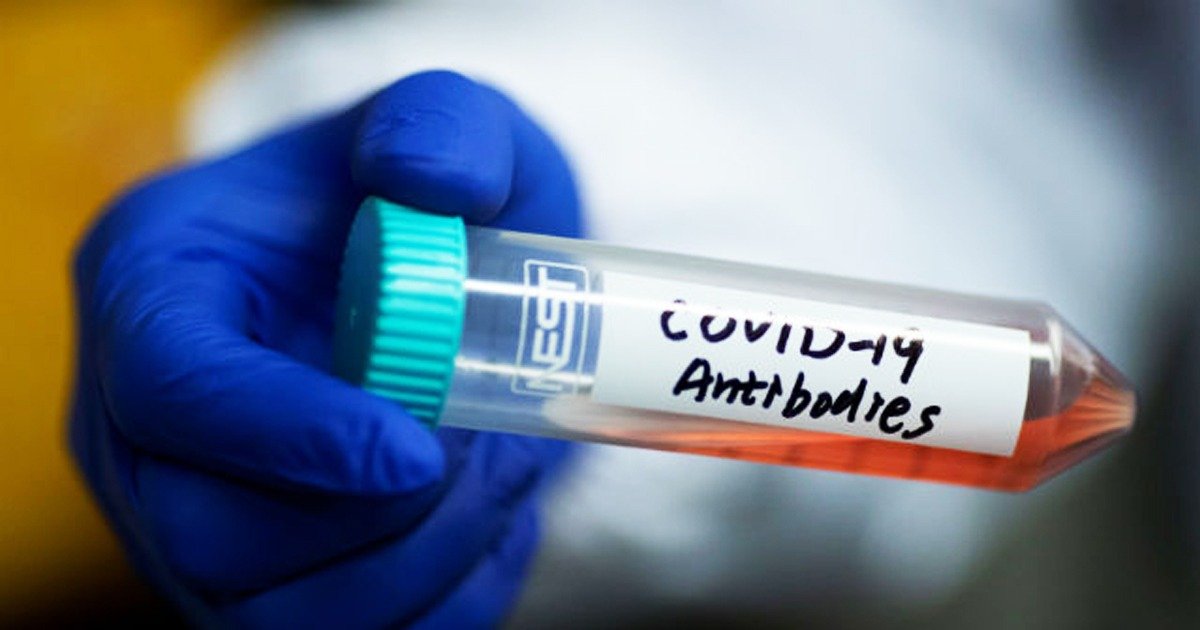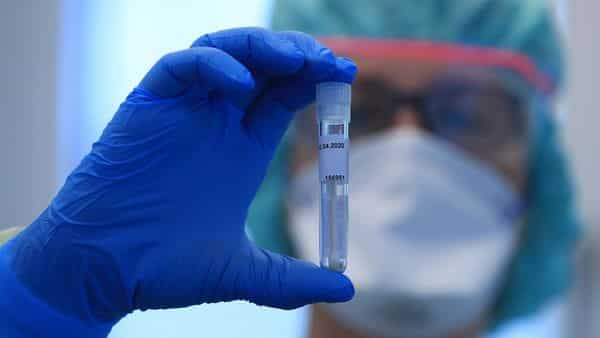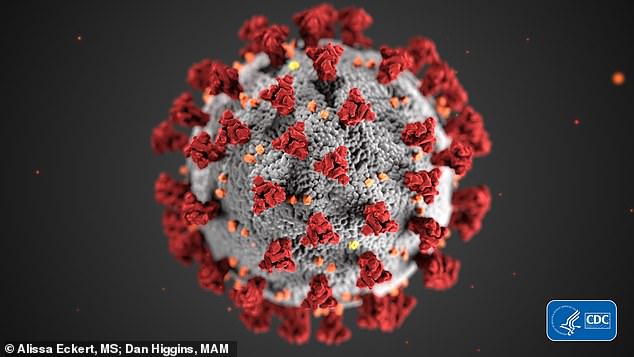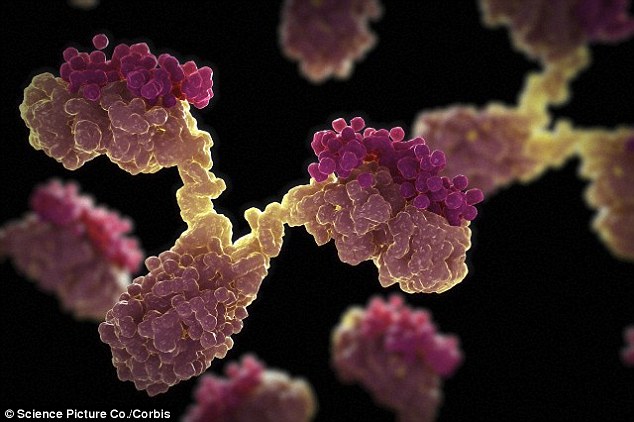Scientists have developed a monoclonal antibody that can combat the latest coronavirus in the laboratory, which is an early yet encouraging phase in attempts to find treatments and prevent the spread of the pandemic.
As per as study published in the journal Nature Communications the antibody has neutralized the virus in cell cultures. Although that’s early in the drug discovery process, before animal research and human testing. However, the antibody could help prevent or treat Covid-19 and similar diseases in the future, either alone or in a combination of drugs.
As per the Utrecht experiments the 47D11 antibody attacks the spike protein that gives a crown-like appearance to the current coronavirus, which helps it to penetrate human cells. It not only vanquished the Covid-19 virus, but also a cousin fitted with identical spike proteins, which causes Severe Acute Respiratory Syndrome, or SARS,
The COVID-19 pandemic has spread exponentially across the globe, infecting more than 3.3 million people worldwide and since then claiming more than 235,000 lives. This discovery will provide a hope for treating COVID-19 patients.
This research by the University of Utrecht, the Erasmus Medical Center and Harbor BioMed (HBM) builds on the work they have done in the past on SARS-CoV targeting antibodies which emerged in 2002/2003.
“We identified an antibody using this collection of SARS-CoV antibodies that also neutralizes SARS-CoV-2 infection in cultured cells,” said the research co-lead author Berend-Jan Bosch, Associate Professor at the University of Utrecht in the Netherlands.
Monoclonal antibodies are proteins produced in the laboratory that mimic naturally occurring forms that the body produces to fight bacteria and viruses. They’re extremely active, hitting precisely one site on a virus. In this case the scientists used genetically engineered mice to produce multiple antibodies to coronavirus spike proteins.
47D11 emerged as displaying neutralizing activity during a subsequent screening phase. Researchers then reformatted the antibody to produce an entirely human version, the study claims.
“It is groundbreaking research,” said Dr. Jingsong Wang, Founder, Chairman and Chief Executive Officer, Harbour BioMed. “Still more work is needed to determine how this antibody will prevent or mitigate the seriousness of disease in humans.”





